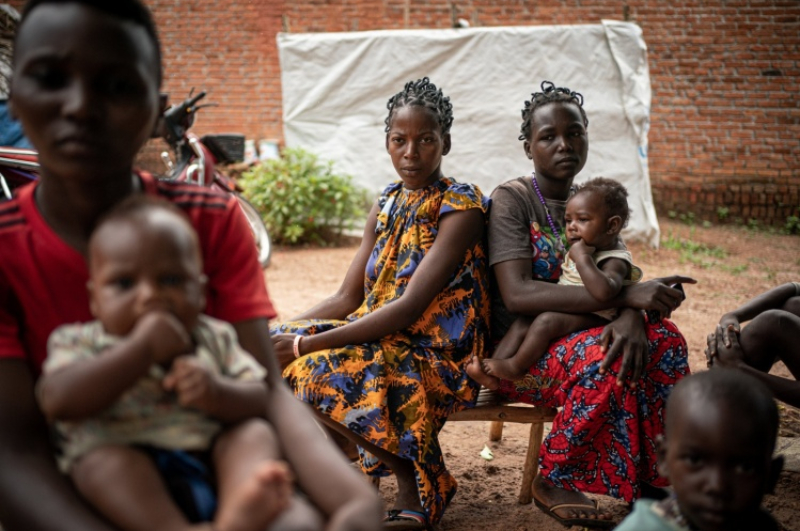

Before a leg injury forced him to postpone travel, Pope Francis was scheduled to make an ecumenical “pilgrimage of peace” to South Sudan. He would have been joined by Archbishop of Canterbury Justin Welby and Rev. Jim Wallace, moderator of the Church of Scotland.
Together, the three faith leaders were hoping to build on momentum established back in 2019, when Francis and Welby hosted South Sudanese political leaders for a spiritual retreat at the Vatican. That event—in particular the poignant moment when Francis bowed to kiss the feet of each attendee—marked a turning point for the troubled African country, where civil war had been raging for six years. Not long after their visit to Rome, on February 22, 2020, President Salva Kiir and First Vice President Riek Machar, the opposition leader, announced the end of hostilities. It was an extraordinary development: while the South Sudanese peace process has been sluggish, and sporadic fighting has continued, this previously unthinkable display of unity signaled real progress.
Whenever their visit occurs, Francis, Welby, and Wallace should harbor no illusions about the brutality of South Sudan’s recent history and the difficulties it poses for creating lasting peace. The country has been split along ethnic lines since violence erupted in December 2013, two years after the referendum that formalized South Sudan’s independence. Just hours after Kiir accused Machar of plotting a coup, Dinka soldiers loyal to the former stormed the streets of the South Sudanese capital, Juba, systematically rounding up, torturing, and killing members of Machar’s Nuer ethnic group. Weeks later, Nuer militias responded by attacking the city of Bor, about 130 miles to the north, overwhelming government troops, raping and killing women in their hospital beds, beating men and children to death, and gunning down anyone who tried to escape. All told, some two thousand civilians were killed. Since then, hundreds of thousands more have died as a result of atrocities committed by both sides.
Compounding South Sudan’s political divisions is the ongoing devastation wrought by climate change, to which the country’s impoverished population is particularly vulnerable. Located where the Horn of Africa meets the semi-arid Sahel, South Sudan has long had a highly variable climate. Precipitation there is difficult to predict, as erratic rainfall patterns sometimes produce both droughts and floods in the same year. Historically, this variability made life difficult, but not impossible. Sedentary farming communities developed ways of preparing for and responding to unusual droughts and floods by stockpiling grain, while nomadic sheep and cattle herders traveled great distances in search of greener pastures.
Read the Full article at: Commonweal Magazine
Related Articles
Select Payment Method
Pay by bank transfer
If you wish to make a donation by direct bank transfer please contact Fr Paul Hamill SJ treasurer@jesuits.africa. Fr Paul will get in touch with you about the best method of transfer for you and share account details with you. Donations can be one-off gifts or of any frequency; for example, you might wish to become a regular monthly donor of small amounts; that sort of reliable income can allow for very welcome forward planning in the development of the Society’s works in Africa and Madagascar.
Often it is easier to send a donation to an office within your own country and Fr Paul can advise on how that might be done. In some countries this kind of giving can also be recognised for tax relief and the necessary receipts will be issued.

